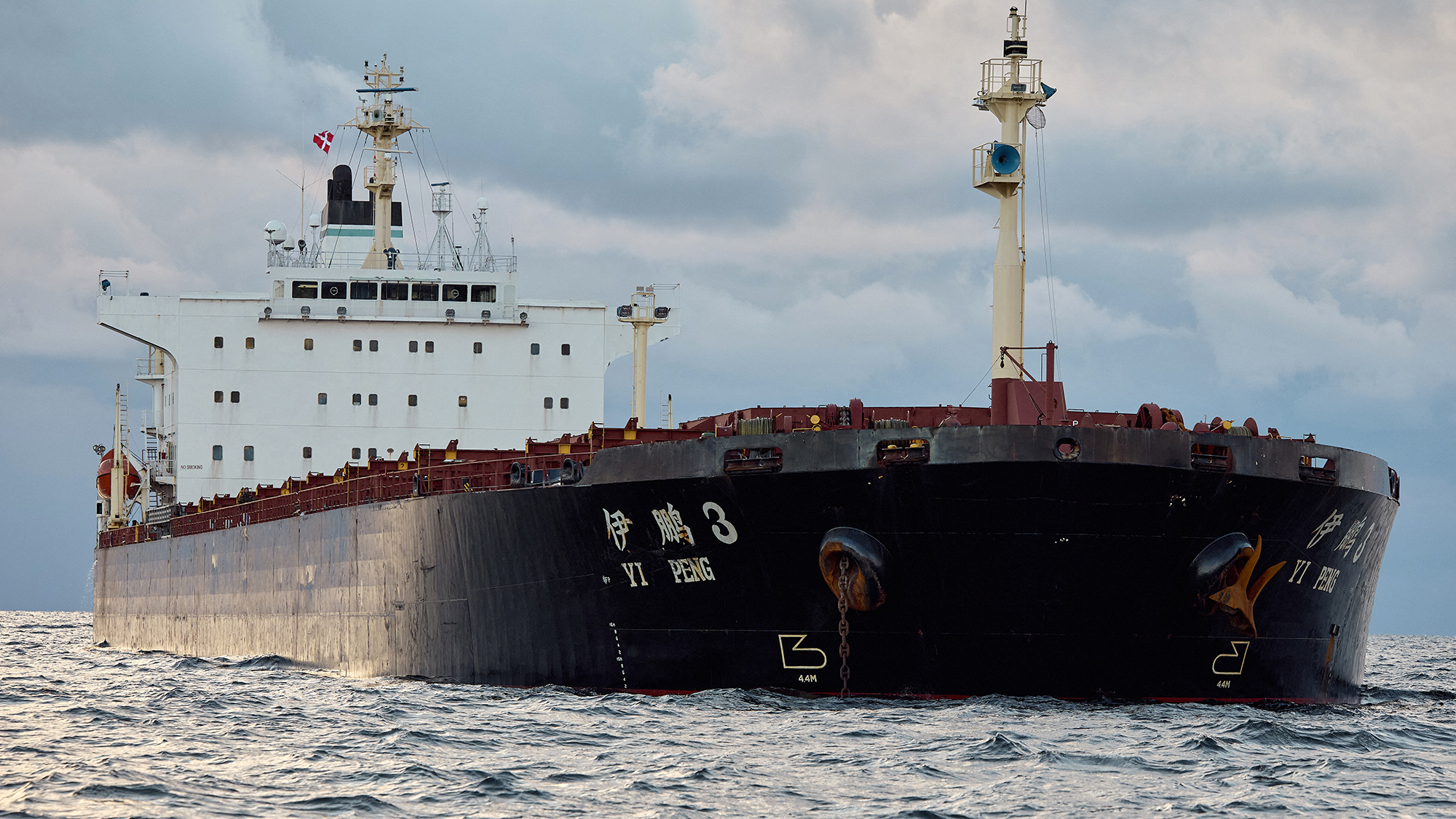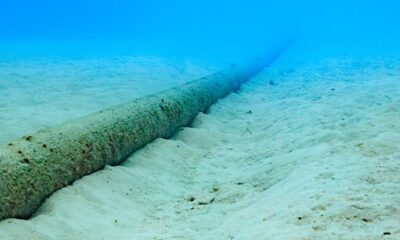Gadgets
The mystery surrounding two severed Baltic subsea internet cables is getting murkier

A large Chinese cargo ship suspected of intentionally cutting a pair of fiber optic cables in the Baltic Sea has left the area amidst an ongoing international investigation. These cables serve as the lifelines of the global internet and have been targeted in suspicious maritime incidents that have led to increased outages. The ship had been stationary in the Kattegat strait between Sweden and Denmark for months as investigators from multiple countries conducted searches onboard. However, satellite images now show the vessel moving north and exiting the strait. Despite Chinese officials initially agreeing to cooperate, they denied a recent request from Swedish authorities to allow prosecutors onboard the ship. Chinese officials claim the ship departed to ensure the well-being of the crew.
Investigators claim ship dragged anchors for more than 100 miles
On November 17, a vital internet link connecting Finland and Germany went offline suddenly. Another connection linking Sweden to Lithuania also experienced an outage the following day. Swedish investigators determined that these outages were caused by severed subsea fiber optic cables. These cables, which are essential for global internet connectivity, are responsible for facilitating billions of dollars in financial transactions daily.
While it’s not uncommon for subsea cables to suffer damage due to various reasons, investigators suspected foul play in this case. Their focus shifted to a large Chinese bulk ship named the Yi Peng 3, carrying Russian fertilizer, which had traveled from Ust-Luga in Russia through the Baltic Sea around the time of the cable severing incidents. The ship was stopped for investigation by authorities from Sweden, Denmark, Finland, and Germany.
Initial findings by Swedish officials indicate that the ship’s transponder was turned off during the internet outages and that it dragged its anchor for a significant distance across the seabed. This behavior, along with other evidence, led investigators to believe that the cable severing was intentional rather than accidental.
Despite denials from Chinese officials and Russian intelligence officers, suspicions remain that the ship’s captain may have been influenced to carry out the cable damage. The sudden departure of the ship from the strait has left many questions unanswered.
Mysterious cable damage is on the rise
Recent incidents of intentional damage to subsea cables have raised concerns globally. Countries are now working together to enhance cable security and prevent future disruptions. Efforts to improve subsea cable reliability and repairability have gained momentum, with several nations advocating for a shared global approach to address these challenges.
While these collaborative efforts aim to safeguard critical communication infrastructure, the abrupt departure of the Yi Peng 3 from the Baltic Sea adds a layer of uncertainty to the ongoing investigation into the recent cable damage.
Please rewrite this sentence.
-

 Destination7 months ago
Destination7 months agoSingapore Airlines CEO set to join board of Air India, BA News, BA
-

 Breaking News8 months ago
Breaking News8 months agoCroatia to reintroduce compulsory military draft as regional tensions soar
-

 Tech News10 months ago
Tech News10 months agoBangladeshi police agents accused of selling citizens’ personal information on Telegram
-

 Breaking News8 months ago
Breaking News8 months agoBangladesh crisis: Refaat Ahmed sworn in as Bangladesh’s new chief justice
-

 Guides & Tips8 months ago
Guides & Tips8 months agoHave Unlimited Korean Food at MANY Unlimited Topokki!
-

 Gaming8 months ago
Gaming8 months agoThe Criterion Collection announces November 2024 releases, Seven Samurai 4K and more
-

 Toys10 months ago
Toys10 months ago15 of the Best Trike & Tricycles Mums Recommend
-

 Tech News9 months ago
Tech News9 months agoSoccer team’s drone at center of Paris Olympics spying scandal
























